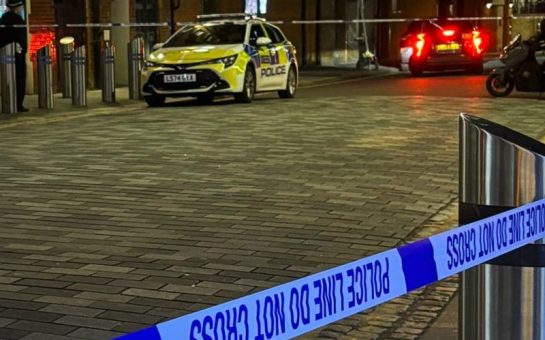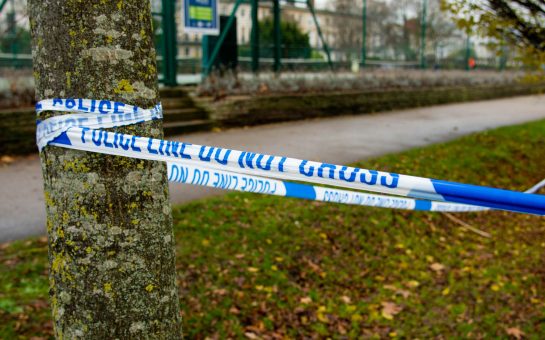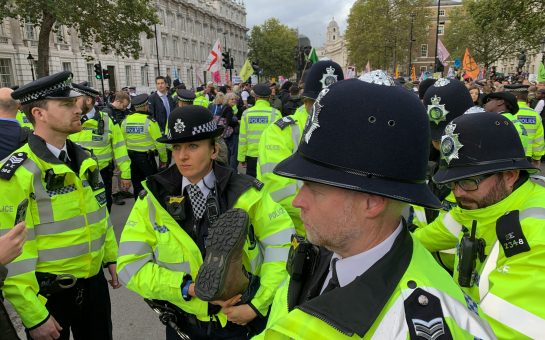A man who stockpiled dangerous chemicals has admitted to explosives offences, following an investigation by the Met’s Counter Terrorism Command.
Police became aware of Michael Pym-Nixson, 54, after paramedics were called to his home to treat him for burn injuries.
Following his arrest officers found that Pym-Nixson hoarded kilos of substances that when mixed, are known to create explosive materials.
The investigation was led by the Met’s Counter Terrorism Command, following an initial review of the circumstances using the unit’s specialist expertise.
They launched an investigation because of the suspicious circumstances, and no terrorism connection was found.
Commander Richard Smith, lead of the Counter Terrorism Command, said: “Pym-Nixson’s pre-occupation with making explosive materials in preparation for a future breakdown of society put himself and others who lived around him at risk.
“He was experimenting with highly dangerous chemicals in uncontrolled conditions, and his actions could easily have resulted in a serious fire or explosion.
“We would urge anyone with concerns about anyone in their neighbourhood who they believe is committing crime to call police straight away – we will act.”
No evidence indicated that Pym-Nixson was creating explosive material for any malign purpose or intention to make an improvised explosive device (IED).
On 19 March, paramedics were called to his address on St George’s Road in Kingston-Upon-Thames, to treat burns to his left hand.
He said the burns were caused by a firework accidentally igniting.
The following day, officers visited the flat to check on Pym-Nixson’s welfare and though he spoke to them, he did not let them into his house.
On 21 March, officers returned to the flat to conduct a search of the property and arrest Pym-Nixson.
Specialist officers from the Met’s Explosive Ordnance Disposal (EOD) unit remained at the scene throughout the week-long search.
They found large quantities of chemicals used to make explosive material in his house and shed.
On the day he injured himself, Pym-Nixson caused three small explosions by mixing these substances.
After local enquiries, people in neighbouring properties told police they had heard loud bangs, though they were not reported to police at the time.
Officers also discovered hand-written notes detailing the quantities of the substances needed to make explosives, and how-to videos that Pym-Nixson had saved.
The notes were said to have been written in 2015 and 2016.
Pym-Nixson was charged on 29 March and appeared at Westminster Magistrates’ Court the following day.
He initially pleaded not guilty to three counts of possessing explosive substances (contrary to section 4 of the Explosive Substances Act 1883).
At Southwark Crown Court on 3 November, Pym-Nixson changed his plea to guilty in relation to two of the charges.
The third charge will lie on file and he will be sentenced at the same court on 10 December.
To report crime in your area, call 101 or 999 in an emergency. You can also report online via met.police.uk. If you’d prefer to give information anonymously, call Crimestoppers on 0800 555 111.
If you’ve seen or heard something suspicious that could be related to terrorism, even if it seems minor or not worth mentioning, trust your instincts and ACT by reporting it. Action Counters Terrorism. To do this, call the Anti-Terrorist Hotline on 0800 789 321.




